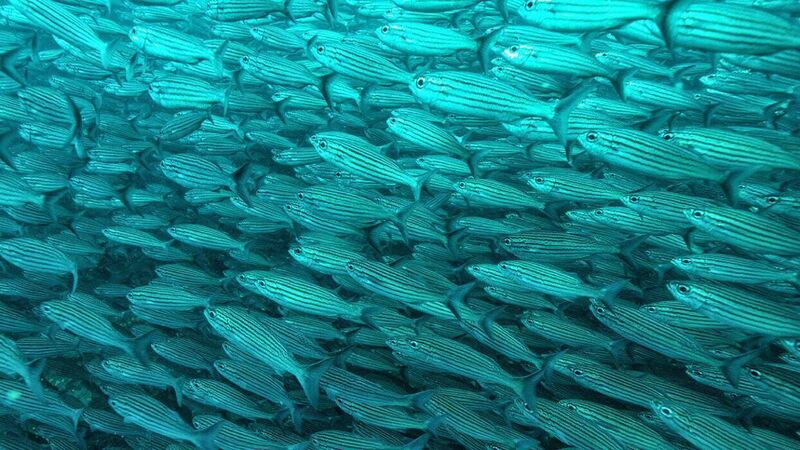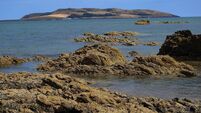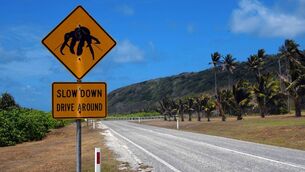EU slammed over failure to protect marine life from ‘destructive’ fishing

Oceans 2050 foundation is among scientists and conservationists urging EU member states to ban bottom trawling and industrial fishing in all EU marine protected areas (MPAs)
The waters of the EU are in a “dismal” state, with only a third of fish populations studied in the north-east Atlantic considered to be in good condition, according to more than 200 scientists and conservationists.
The analysis, issued in the past week, follows a scathing report from the European court of auditors two years ago, which warned that the EU had failed to halt marine biodiversity loss in Europe’s waters and to restore fishing to sustainable levels.








